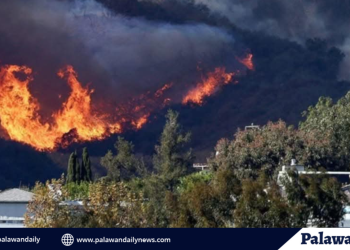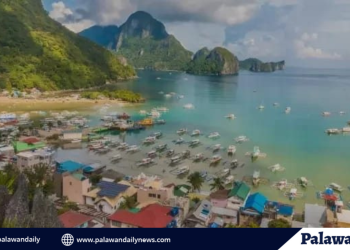Tourism is one of the largest and fastest growing industries in the country. Gradually, it has become more important source of income and employment in many provinces especially those with tourist attractions. Its rapid expansion has also been affecting the socio-economic growth as well as the environment and socio-cultural impact in many tourist destinations.
In the next decade, tourism could be one of Philippine’s major employers and capital initiators, with the number of Filipinos working in the sector. It is growing at such a remarkable rate that in a few years it has the potential to advance businesses to become one of our biggest employers.
Further, tourism can be considered as one of the most remarkable socio-economic phenomena of the twentieth century. From an activity “enjoyed by only a small group of relatively well-off people” during the first half of the last century and gradually became a mass phenomenon after the World War II period, mainly from the 1970s onwards. It now reaches an increasingly larger number of people throughout the world and can be considered a vital aspect of global integration.
On the other hand, tourism can become a victim of its own success. If not carefully planned, many problems can emerge from tourism. These problems, both socio-economic and environmental can cause tensions between local people and tourists and this pressure can result in reduced tourism and threaten the sustainability of the tourism. In many cases, tourism and the resulting urbanization, migration and development that comes with it threatens the environment and people that the tourists want to visit.
Unless tourism will be taken more seriously as the most sustainable way to diversify beyond the resources economy, the tourism sector will risk missing out on realizing its full potential. Thus, it is highly recommended that tourist destinations should adopt policies that regulate tourism to make it sustainable and economically viable.
With this, tourism must be everybody’s business!


















Discussion about this post